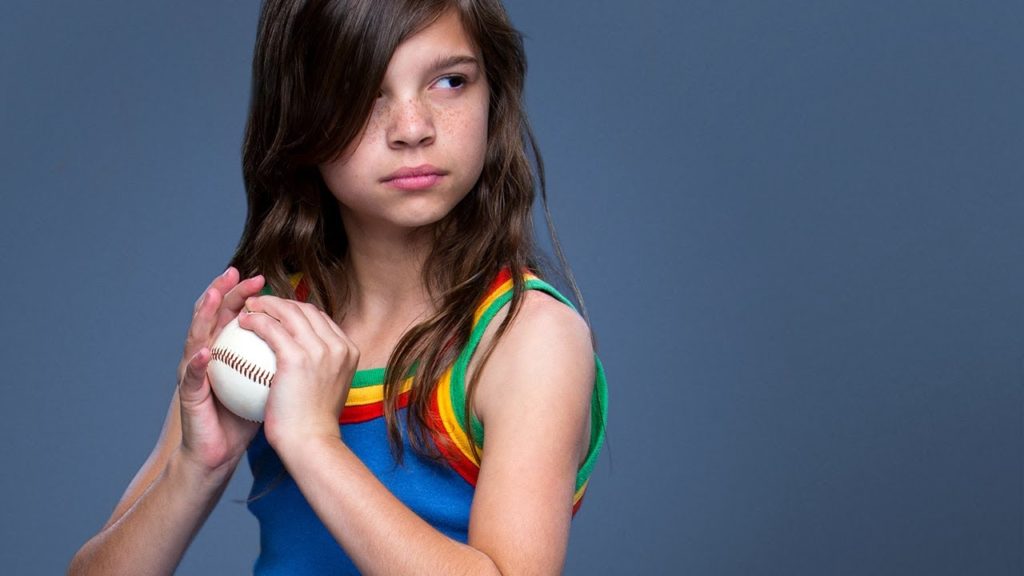The Super Bowl commercial that launched a thousand tweets was for Always’ #LikeAGirl campaign. Depicting the idea that it is only as children age that doing things “like a girl” becomes a bad thing, the commercial featured teenagers and children demonstrating how girls do certain physical activities in a “weaker” sense than their male counterparts.
The young adults in the video were asked to throw like a girl and run like a girl, both of which left them flailing their arms and rolling their eyes in indifference. “Like a girl” is a phrase we have all used at one point or another, and the commercial created a visual representation for exactly what we depict when we use those three damaging words.
Then, young girls were brought to the set. Seven- and eight-year-olds were told to run like a girl. They moved their feet as quickly as they could and threatened to pop their shoulders out of place when they were told to throw. The stark contrast showed viewers just how damaging societal constraints can be, not just to the overly-insecure tween, but the female gender as a whole in the patriarchal society we have created.
The commercial closed with “Let’s make #LikeAGirl mean amazing things.”
The Always ad won social media.
Within hours, the hashtag was re-trending on Twitter. The campaign first launched summer of last year, and inspiring women across the nation began sharing what it really means to behave like a girl. But, just like in any feminist movement, naysayers shot back. Soon, “LikeABoy” was trending as well.
“#LikeABoy because I can actually run and throw” (@BMS_ThadCastle) garnered over 1,000 retweets, and “Seriously #likeagirl is the most insulting commercial ever and there better be a #likeaboy commercial” (@xJMOORE4Ux) sums up the views of the campaign’s opponents.
Participants in the new hashtag felt that rather than promoting gender equality, the ad focused too much on girls rather than boys – something they felt was equally sexist. Despite the fact that “like a boy” is more commonly used as a compliment rather than an insult, “meninists” were still staunchly opposed to the commercial and launched the competing hashtag.
However, those tweeting under the new hashtag failed to understand the underlying point of the commercial. The goal was not to say women do certain things better than men or to lessen the value of the male gender. The goal was not to make people everywhere stop using the phrase “like a girl” nor to ignore the physical inequalities that often exist among the genders.
The goal of the #LikeAGirl campaign is to stop equating women with weakness. To stop teaching young girls that the way they do things is not as valuable as the way men do them, or that, by virtue of the body they were born with, they are destined to be weak.
The question raised by the commercial should not be “how do we teach our girls to stop doing things like girls?” but “how do we free ourselves of these gender stereotypes?”
It is the current Northeastern students, the Gen Y-ers and the ‘90s kids who have the power to make this satisfying and necessary change. The first signs of hope are already showing: a femininehygiene company launched a real and meaningful discussion about female self-image during the biggest sporting event of the year – proof that gender roles have already begun to take on a greater significance than in generations past.
It is our generation of learners, bloggers and social media activists that will spark change and insist on gender equality in a never-before-seen way, something The Newsis proud to witness and be a part of.
And to all the Twitter trolls and “meninists” mocking the important ad: hopefully you will have to look at your wife and daughter some day and tell them all the things you think she is incapable of doing.
Photo courtesy Always.









